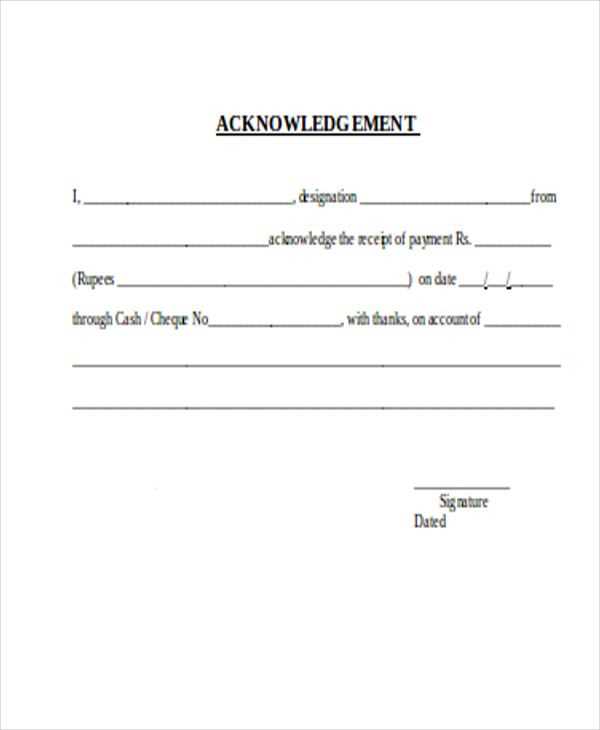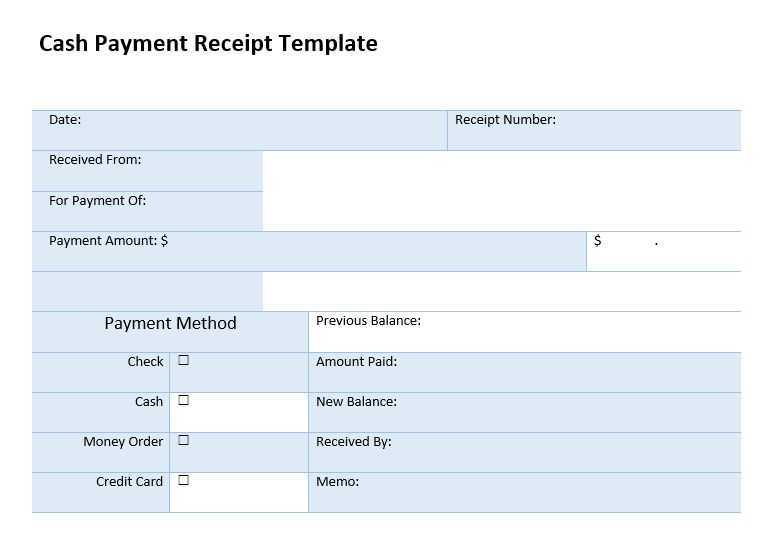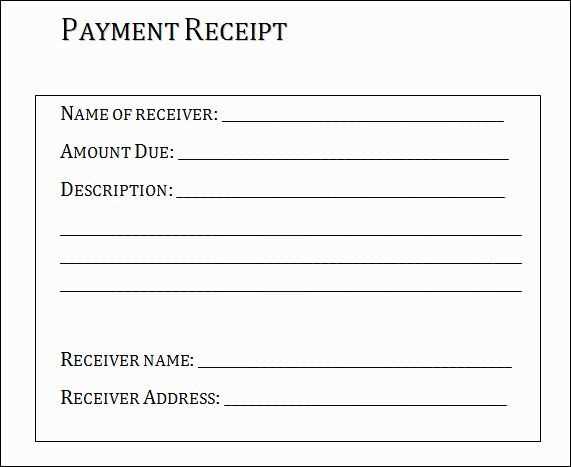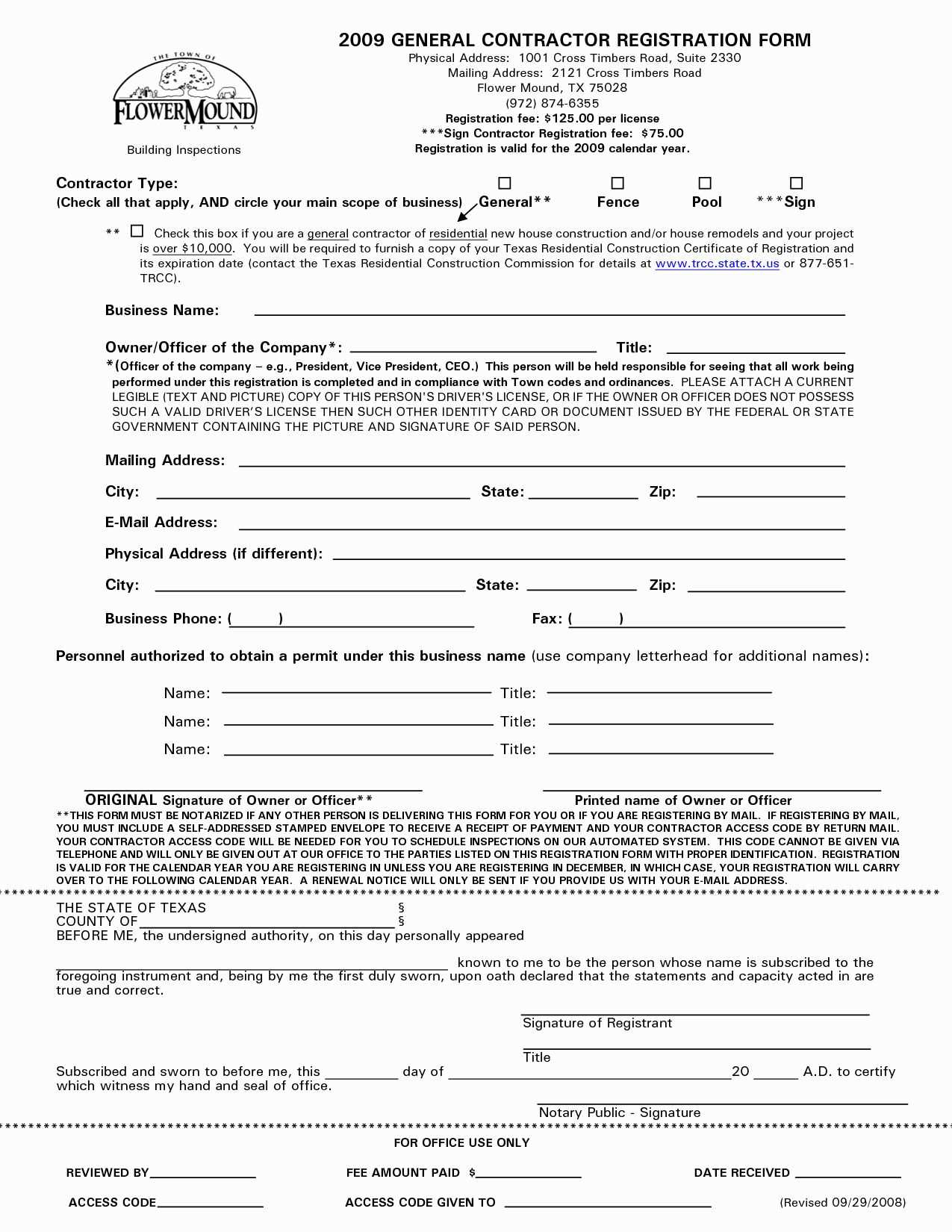
Clear and Accurate Payment Records
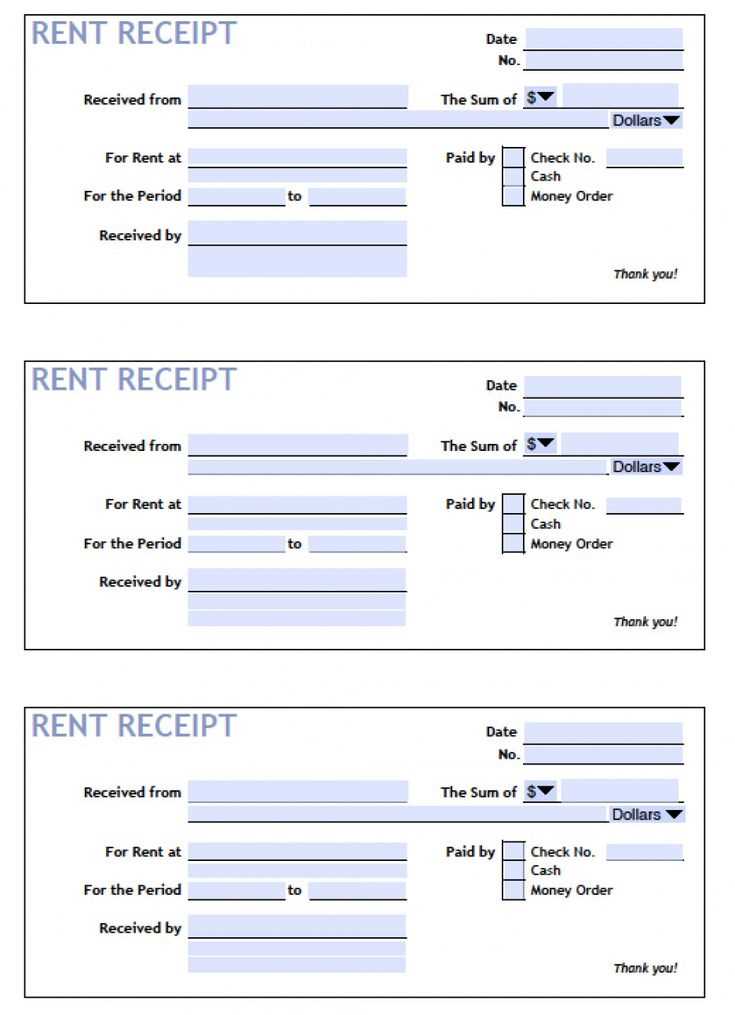
A well-structured payment receipt helps contractors and clients track transactions, prevent disputes, and maintain financial transparency. Use a template that includes all necessary details to ensure clarity.
Key Information to Include
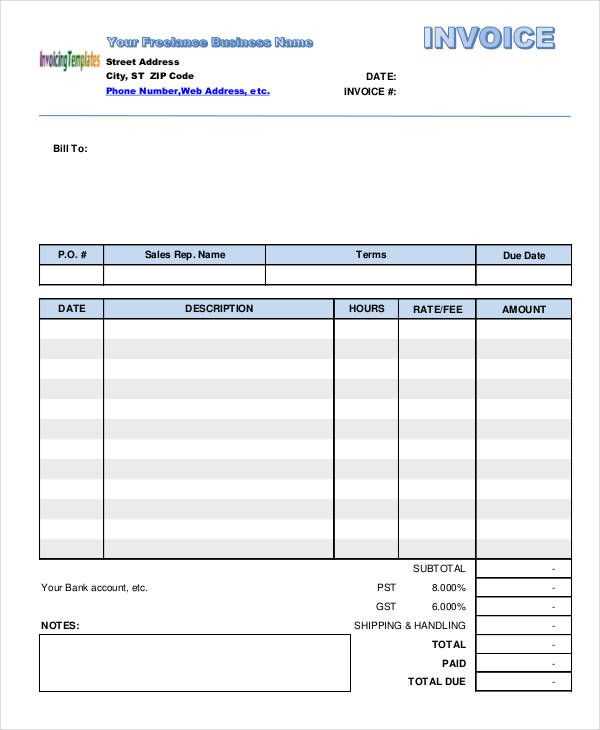
- Receipt Number: Assign a unique identifier for tracking.
- Date of Payment: Specify when the payment was received.
- Contractor Details: Include business name, address, and contact information.
- Client Information: List the name and address of the payer.
- Project Description: Briefly describe the work completed.
- Payment Amount: Clearly state the total paid, including taxes if applicable.
- Payment Method: Indicate cash, check, credit card, or bank transfer.
- Authorized Signature: Have the contractor sign to confirm receipt.
Simple Template Format
For convenience, use this basic format to generate professional receipts:
General Contractor Payment Receipt Receipt No: [Unique Number] Date: [MM/DD/YYYY] Received From: [Client Name] Address: [Client Address] Received By: [Contractor Name] Business Name: [Company Name] Address: [Business Address] Contact: [Phone/Email] Project Description: [Brief Description] Amount Received: $[Total Amount] Payment Method: [Cash/Check/Bank Transfer] Signature: _______________ Date: _______________
Why Use a Template?
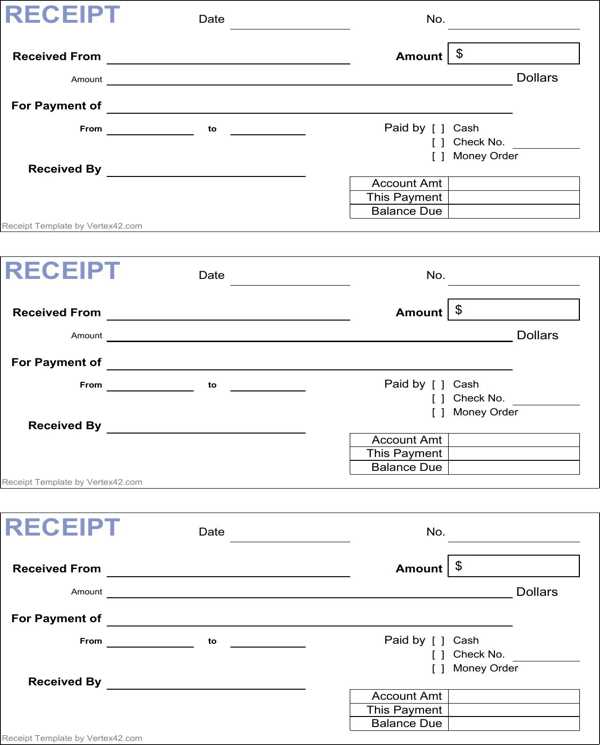
Using a standardized template ensures consistency, reduces errors, and simplifies record-keeping. Digital versions can be customized with logos and branding for a professional appearance.
General Contractor Payment Receipt Template
Key Elements to Include in a Contractor Receipt
How to Format a Receipt for Legal and Tax Purposes
Customizing a Template for Different Project Types
Include contractor and client details: Full names, addresses, and contact information ensure transparency and legal clarity.
Specify payment details: Clearly list the amount, payment method, and date. For checks or electronic transfers, include reference numbers.
Describe the work performed: Itemize services or materials provided. Use clear terms to avoid disputes.
Ensure tax compliance: If applicable, include tax breakdowns, business tax ID, and any deductions.
Use a structured format: Organize sections logically, keeping totals, signatures, and terms easy to find.
Customize for project types: Large-scale projects may require milestone payments, while small jobs may use a single final receipt.
